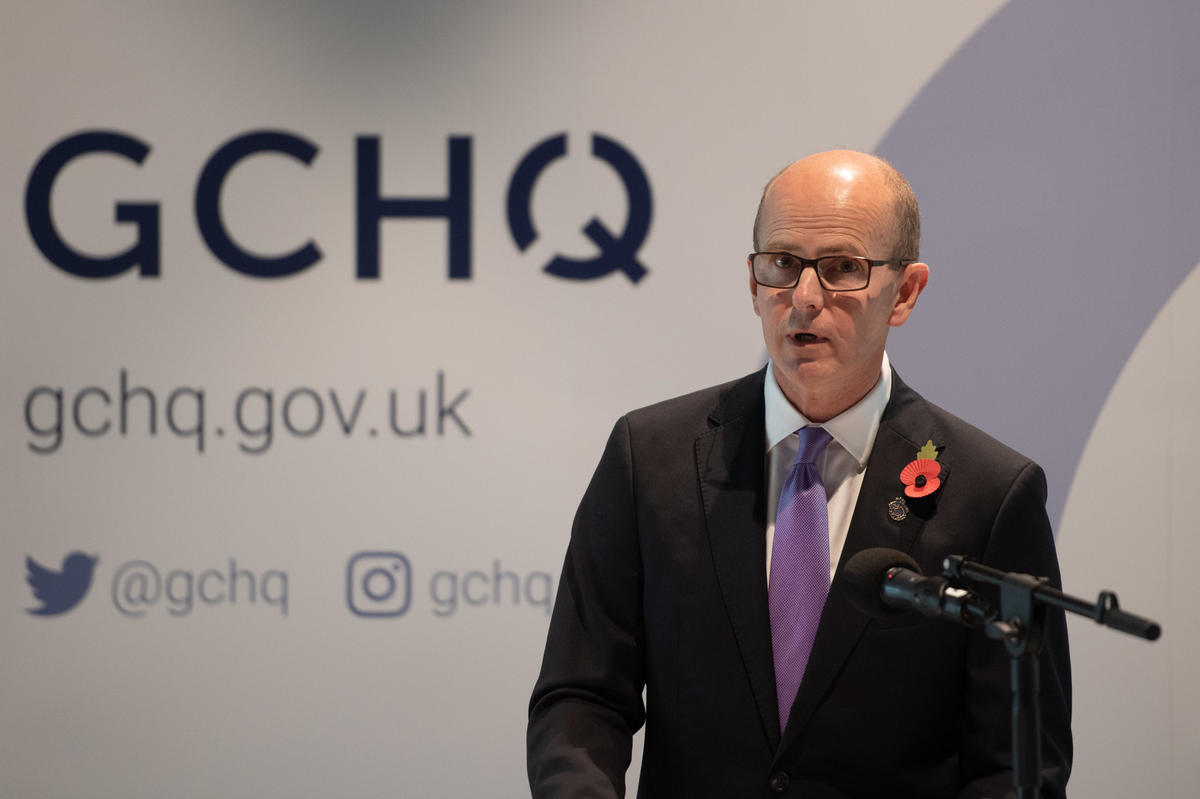Published
5 years agoon
By
Adubianews
The director of the UK’s intelligence and cyber agency GCHQ Jeremy Fleming said the country is now a global cyber power – but retaining that status in a fast-changing world is far from guaranteed, especially as China and Russia look to spread competing values and project cyber strength via the use of technology.
“New technology is enabling life online. Cybersecurity is an increasingly strategic issue that needs a whole-nation approach. The rules are changing in ways not always controlled by government,” said Fleming.
“And without action, it is increasingly clear that the key technologies on which we will rely for our future prosperity and security won’t be shaped and controlled by the West. We are now facing a moment of reckoning,” he added.
Fleming made the comments while delivering this year’s Imperial College Vincent Briscoe Annual Security Lecture and warned that elements of the global digital environment are at threat from authoritarian regimes and, if left unchecked, that could threaten the design and freedom of the internet as states with “illiberal values” look to mould cyber space in their own image.
“The threat posed by Russia’s activity is like finding a vulnerability on a specific app on your phone – it’s potentially serious, but you can probably use an alternative. However, the concern is that China’s size and technological weight means that it has the potential to control the global operating system,” said Fleming.
“In practice, that means that states like China are early implementors of many of the emerging technologies that are changing the digital environment. They have a competing vision for the future of cyberspace and are playing strongly into the debate around international rules and standards,” he added.
“States that do not share our values build their own illiberal values into the standards and technology upon which we may become reliant. If that happens, and it turns out to be insecure or broken or undemocratic, everyone is going to be facing a very difficult future,” he warned.
One example of the geopolitical issues around this have already become apparent; while China has become one of the leading countries behind 5G technology, the UK government has banned 5G equipment made by Chinese technology company Huawei from UK mobile networks, citing security concerns. That’s after the UK government previously gave Huawei the green light to play a role in the country’s 5G network.
However, Fleming said that the UK can maintain and build upon its strategic technical advantage by developing its own technologies in key areas like quantum computing and cryptography – which can help protect sensitive information and capabilities from attacks and disruption.
“As a country, we need to be using all the levers and tools at our disposal to shape and grow key technologies and markets. We must do that in a way that helps protect the nation and open society. And that means becoming better at using the power of the state to both foster and protect brilliant developments in technology,” Fleming said.
However, it’s also important that the UK isn’t acting alone – and Fleming cited the importance of working with allies in order to help improve cyber defences for everyone.
“We may be an island but we’re far from isolated. It takes collective effort by likeminded allies to use technology to deliver strategic advantage. Only by working with others can we outperform our adversaries,” he said.


NPP Communicator Blames Mahama in Interview Over Viral Video Controversy


NPP Unveils Nationwide Reorganisation Timetable Ahead of 2026 Internal Elections


MPs Demand Tougher Action as Human Trafficking Cases Rise in Ghana


Abu Jinapor Demands Urgent Reforms to Address Ghana’s Cocoa Sector Challenges


Felix Kwakye Ofosu Defends Mahama Over Cocoa Pricing Remarks, Slams NPP Criticism


Asiedu Nketia Uses NDC Thank You Tour to Collect Feedback on Government


Speaker Urges Executive to Grant Parliament Permanent Land


Finance Expert Warns Cocoa Reforms Could Worsen COCOBOD Debt


Jinapor Swears In New VRA Resettlement Trust Fund Board

























